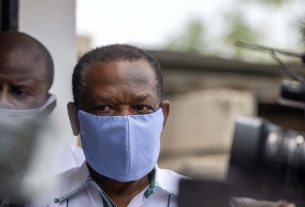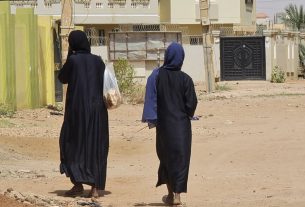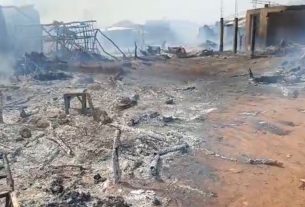(Sydney) – The Australian government should develop a clear policy on identifying and addressing cases of wrongful detention of Australian nationals abroad, Human Rights Watch said in a recent submission to the Senate Foreign Affairs, Defence and Trade Reference Committee. The Committee is currently reviewing the Australian government’s responses to the wrongful detention of Australian citizens overseas.
Oppressive foreign governments have detained Australians on fabricated or unsubstantiated charges, denied them due process rights, and used them as political bargaining chips. Governments have held Australians in poor conditions, with limited access to visits from lawyers, family and friends, and limited consular representation. When the detainees are released, it is often after significant public campaigning and high-level Australian government intervention in their cases.
“The Australian government needs a policy clearly defining wrongful detention abroad and then treat it in a more nuanced way than regular consular detention cases,” said Daniela Gavshon, Australia director at Human Rights Watch. “Otherwise, the government will continue to fail to identify cases of arbitrary detention or provide affected people and families the appropriate support.”
Human Rights Watch has over the years spoken to many relatives of Australians arbitrarily detained abroad, and to people who have been released. Many said that to their knowledge, their case was often passed around among various desk officers within Australia’s Department of Foreign Affairs and Trade (DFAT). They found that there was often no adequate handover, and time was lost familiarizing consular officials with their case. The department has no single authority that handles arbitrary or wrongful detention cases.
The Australian government should create a senior role to deal with wrongful detention cases with a direct reporting line to the foreign minister or prime minister, Human Rights Watch said. This person should have specific expertise in hostage diplomacy. Their mandate should include engaging with all government departments as needed, speaking to families, providing people with information on contacting the detained person, coordinating rehabilitation and repatriation, as well as attending multilateral sessions on the issue.
“Experience from other countries has shown that when there is a single specialized senior official managing all aspects of hostage diplomacy cases, affected individuals and their families benefit,” Gavshon said. “Australia should promptly create a role like this for wrongful detention cases so the government can address the special circumstances of each case and allow families to get the support they desperately need.”



